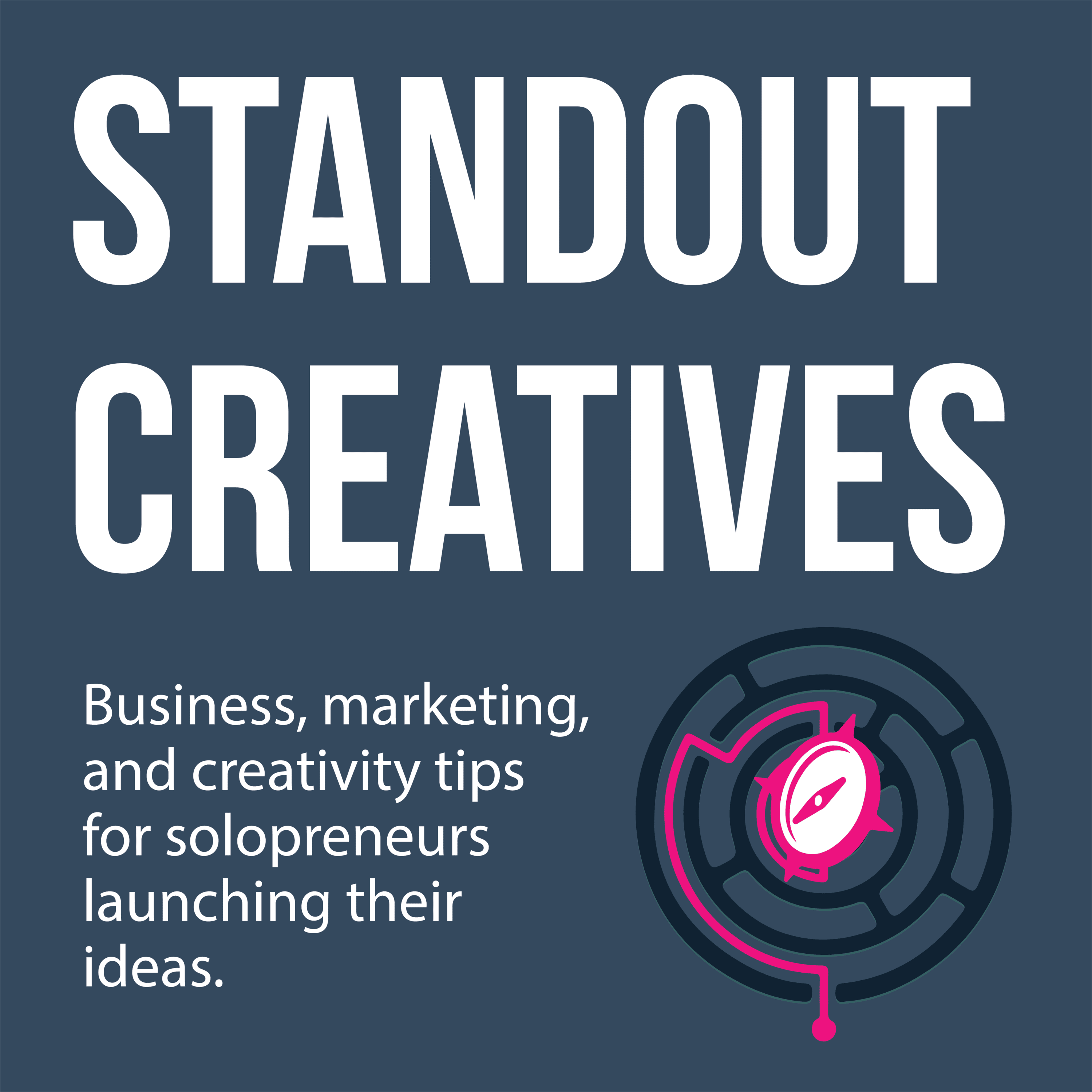73: Logan Nickleson on Misunderstandings About Marketing, Finding Your Audience, and Using Psychology to Your Advantage
Logan Nickleson has always had an admiration for the arts. When he was a child he liked to draw and paint. When he was 15-16 years old he started getting into music. And for college, he went into journalism.
While in college, Logan saw the changes that were happening in journalism. So he changed his major to advertising. This led to his internship at an advertising agency.
His internship turned into a full-time job, where he worked on numerous projects. It was during this time that a revelation came to him. While making short videos for clients, he was having a hard time finding music for his videos. So he decided to use his own music.
Inspired by stock photography sites like Death to Stock and Unsplash, Logan decided to take all the music he created, and started his own stock site. The only difference was his stock site would for music. Thus, Music For Makers was born.
In this episode, Logan talks about why marketing has gotten such a bad rap, the most essential element for finding your audience, and how we can use psychology to our advantage.
Here are three things you can learn from Logan:
Marketing is given a bad nameMany artists and creatives believe marketing is a spammy tool to sell things, but that's far from the truth. Logan believes marketing gets a bad rap. "I think there's a perception out there to market yourself and your work, it's icky and you're like this salesman, you know, almost like the car salesman type. I think it's really just a lack of understanding of really it doesn't have to be that way."
Logan believes people just have a false notion of what marketing is. Marketing is often thought of as a bad thing, but it isn't. "I think it's just, mostly people have this preconceived notion of what selling your art or what marketing your art is, and... it doesn't have to be gross or pushy or whatever."
Marketing, in its essence is getting your product out in front of an audience. The problem is, most marketers are still trying to do it the old-fashioned way where they just spam their audiences. This is what artists think about when they hear the word marketing. That's why they think marketing is selling out. "There's a lot of artists that think that to try to push your art out as a business is kinda selling out. I think it's kind of a misunderstanding of the process really."
If you still think marketing means selling out, I urge you to listen to Logan, and discover for yourself what marketing really is.
Finding the right audienceOne of the biggest troubles artists and creatives have is figuring out who our audience is. This is one of the most important, and often times most difficult, things an artist has to do.
The problem is, we usually go about it the wrong way. We believe everyone is our audience, and that is simply not true. Figuring out who your audience is involves finding people who are actually interested in your work as a starting point. "I think it just starts off with a basic critical thinking of... who's the most basic version of the person who is interested in this, and then kinda putting it out there, and then just revising and reiterating until you find the right audience."
It doesn't end there either. You can't just rely on your initial hunch of who your audience is. Knowing your audience is a continuous process. Your audience evolves as you do. That's why it's crucial for you to constantly reevaluate who your audience is. "I would say it's kind of a continuous process where you reevaluate to see whether... this is still the primary audience or are there other audiences out there who would love their product that don't have any idea that they exist... So the research is ongoing I would say."
Using Psychology to Your AdvantageOne point that consistently came up during my conversation with Logan was the book Influence by Robert Cialdini. In the book, Cialdini talks about all the ways we are influenced by psychology.
One of these points is one of commitment. When we commit to things, we are more likely to follow through on them. So start small, and work your way up from there. "When we commit to something, we are a lot more likely to be consistent... If you can get somebody to commit to a small thing, you can then later convince them to commit to a bigger thing like buying your product."
Another thing we talked about was the idea of accountability. Accountability nudges us to do things we commit ourselves to. It helps motivate you when you don't feel like doing something. It helps get you to the finish line. It gives you compelling reason to do something. "It's about this idea about accountability. Kinda announcing that you're going to do this or whatever and using that as a motivator to make you actually follow through and finish... I think it's a critical piece to let people know and... ideally let there be some consequence if you don't follow through. It makes a more compelling reason to do the thing you're wanting to do."
In its simplest form, it is about survival. We aren't necessarily in physical danger, but those basic instincts that helped our ancestors survive can help us thrive. "All these kinds of psychological triggers and just the way we think, I find it really interesting because it all really goes back to human survival. That idea of... the punishment is more important to us than the reward is just basic survival that we as humans have kind of learned over years and years of trying to survive."


